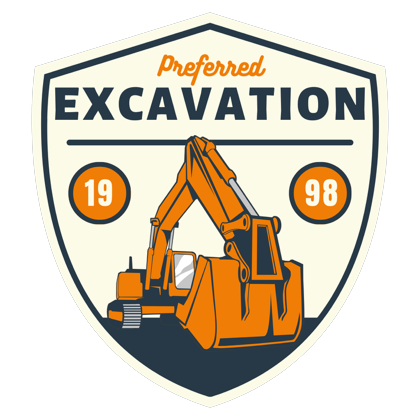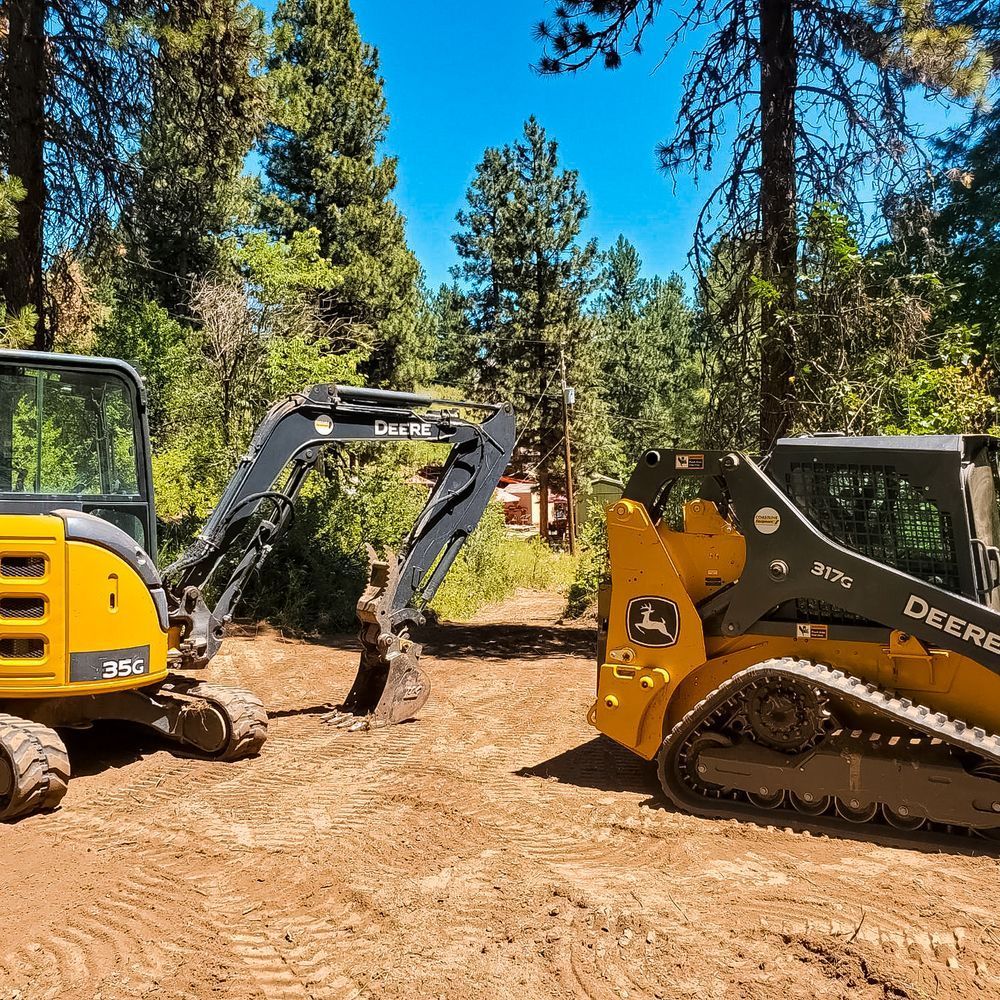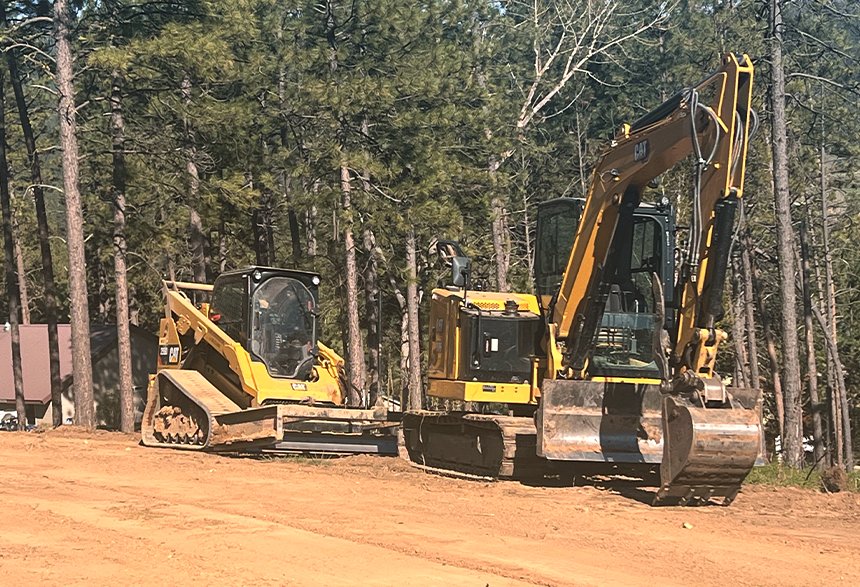Ask These 5 Questions Before Hiring Your Excavation Contractor
Ask These 5 Questions Before Hiring Your Excavation Contractor
Hiring the right excavation contractor is critical for the success of your residential or commercial project. Well before breaking ground, you need to ask the right questions to make sure your contractor has the proper experience, equipment, and certifications. Here are five key questions to guide your decision.
Ask if the contractor is licensed, insured, and bonded. This protects your property and ensures the company meets local regulations and safety standards. You should then inquire about their experience with projects similar to yours—whether it’s site prep, septic installation, or grading. A contractor with relevant experience can foresee challenges and deliver the results you expect.
After gaining a good sense of the contractor’s skills and experience, ask for a detailed estimate in writing. A professional contractor should outline costs, timelines, and what’s included in the scope of work. Now ask what equipment they own or use. Owning well-maintained equipment indicates reliability and efficiency, while constant rentals may mean delays or added costs.
Finally, check their reviews and references. Hearing from past clients gives you insight into their work ethic, communication, and on-site performance. These questions should help you avoid costly mistakes and give you confidence in who you hire. Preferred Excavation Service checks all these boxes with over 40 years of experience and hundreds of satisfied clients.
WHY NOT DIY
DIY excavation might sound simple, but it comes with serious risks. Knowing the right questions to ask a contractor takes research and real-world experience. Why? Because excavation calls for more than just digging. It requires a deep understanding of soil types, slopes, permitting, and local codes. The time of year matters too—frozen ground in winter or saturated spring soil can delay or damage a project. You'll also need access to equipment like backhoes, trenchers, dump trucks, and compactors. Operating these can be dangerous and expensive without proper training. The process also includes marking utilities, site prep, managing runoff, and final grading—skills that the average Joe tends to lack.
WHAT TO LOOK FOR
Look for licensing, insurance, and a proven track record of satisfied clients as you look for an excavation pro. They should have experience with your type of project and own the right equipment to handle it efficiently. A trustworthy contractor will provide detailed estimates, clear timelines, and strong references.


